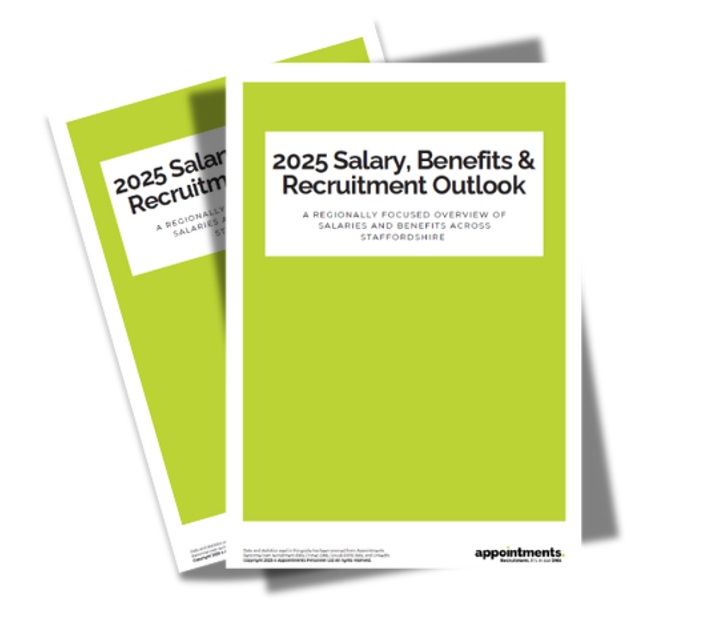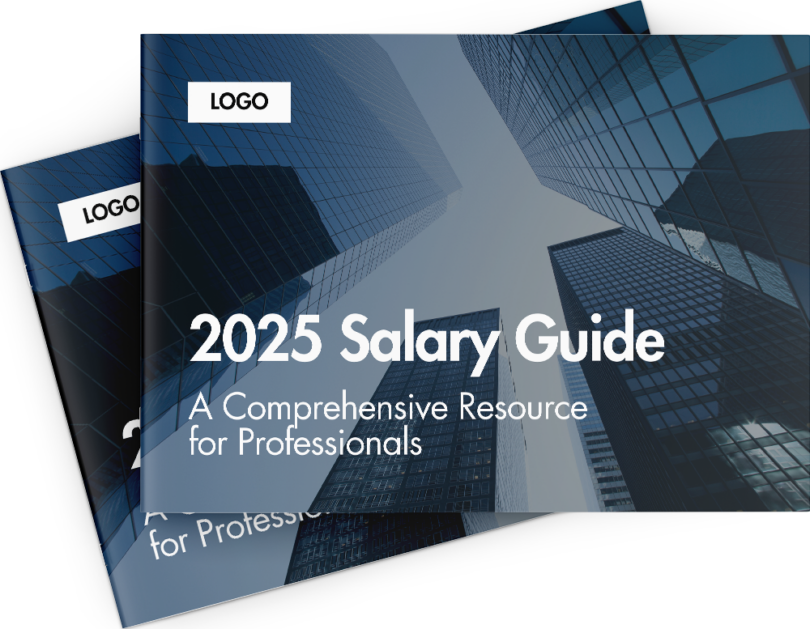
Share Article
Labour's Proposed Employment Law Changes: What Recruiters Need to Know
Key Legislative Changes
As we approach October 1st, 2024, the Labour government is set to introduce significant changes to employment law that will directly impact recruitment practices. With the introduction of the Employment Rights Bill and the Draft Equality (Race and Disability) Bill, employers must prepare for these upcoming reforms. Here, we highlight the key changes and their implications for hiring managers and business owners.
Key Legislative Changes
Employment Rights Bill
Anticipated to be laid before Parliament by October 12, 2024, the Employment Rights Bill aims to deliver Labour’s vision for a fairer workplace through its "New Deal for Working." Here are some pivotal policies included:
- Outlawing Zero-Hours Contracts: The bill proposes to eliminate exploitative zero-hours contracts, allowing individuals to have an average hours contract that reflects their actual working pattern. This shift may encourage businesses to rethink their workforce management strategies.
- Protection Against Fire and Re-Hire Practices: The bill seeks to clamp down on fire and re-hire procedures that have been frequently criticized. This will replace and strengthen the existing statutory code introduced in July 2024, promoting fairer treatment for employees during restructuring.
- Day One Rights for Workers: Key employment rights, including sick pay, parental leave, and unfair dismissal rights, will apply from day one of employment, albeit subject to probationary periods for new hires. This change underscores the importance of communicating these rights during the recruitment process.
- Default Flexible Working: Flexible working will become the default from the first day of employment, requiring employers to accommodate requests where feasible. Recruiters must be prepared to discuss flexible working options during interviews to attract a broader talent pool.
- Single Enforcement Body: The establishment of a single enforcement body will strengthen the enforcement of workplace rights, adding an extra layer of accountability for employers.
Draft Equality (Race and Disability) Bill
This bill aims to enhance equal pay rights, focusing on closing the pay gaps for ethnic minorities and people with disabilities. Key points include:
- Mandatory Pay Reporting: Employers with 250 or more employees will be required to report on ethnicity and disability pay gaps, making it easier for individuals to bring equal pay claims. This transparency can affect recruitment strategies as candidates may seek employers committed to equity.
- Broadened Equal Pay Rights: The bill will extend statutory rights to equal pay beyond gender, ensuring protections for those from ethnic minority backgrounds and individuals with disabilities. Employers should review their pay structures and ensure fairness to attract diverse candidates.
Our Perspective on These Changes
At Appointments Personnel, we view these proposed reforms as a positive step towards a more equitable workplace. However, they will require businesses to adapt their recruitment processes and communication strategies. Here are our insights on how to navigate these changes:
- Revise Job Descriptions and Interviews: Ensure that job descriptions reflect the new rights and benefits clearly. Prepare to answer questions about these changes during interviews.
- Highlight Workplace Culture: As flexible working becomes the norm, emphasizing a supportive and inclusive workplace culture in your recruitment efforts will help attract top talent.
- Stay Informed and Prepare: Keep abreast of the progress of these bills as they move through Parliament. Understanding potential timelines will help you adapt your hiring strategies effectively.
Conclusion
The upcoming changes in employment law, spearheaded by Labour’s proposed bills, present both challenges and opportunities for recruiters and business owners. By proactively adapting to these reforms, organizations can enhance their attractiveness to potential candidates and create a more inclusive workplace culture. As always, staying informed and prepared will be key to maintaining an effective recruitment process in this evolving landscape.
What Should I Do Now?
Think about how these new regulations could impact your existing processes and contracts:
- Review Employment Contracts: Do you have any existing policies regarding expectations for out-of-hours work and rights available from day one for new employees?
- Consider Out-of-Hours Contact: Reflect on your needs and approach concerning out-of-hours contact with employees.
- Prepare for Changes in Performance Management: Anticipate the need for robust evaluations during probation periods. This includes:
- Establishing clear performance targets and expectations, well-documented through emails, letters, or notes in your HR system.
- Creating detailed job descriptions to clarify roles and responsibilities.
The shift to ‘day one’ rights will impact your approach to recruitment. Many employers have previously relied on the two-year employment rule for unfair dismissal claims, but with rights starting from day one, a more considered and thorough approach to recruitment will be essential. By preparing now, you can ensure compliance and create a more effective hiring strategy for the future.
Need more information? Reach out to Kerry on 01782 33877










